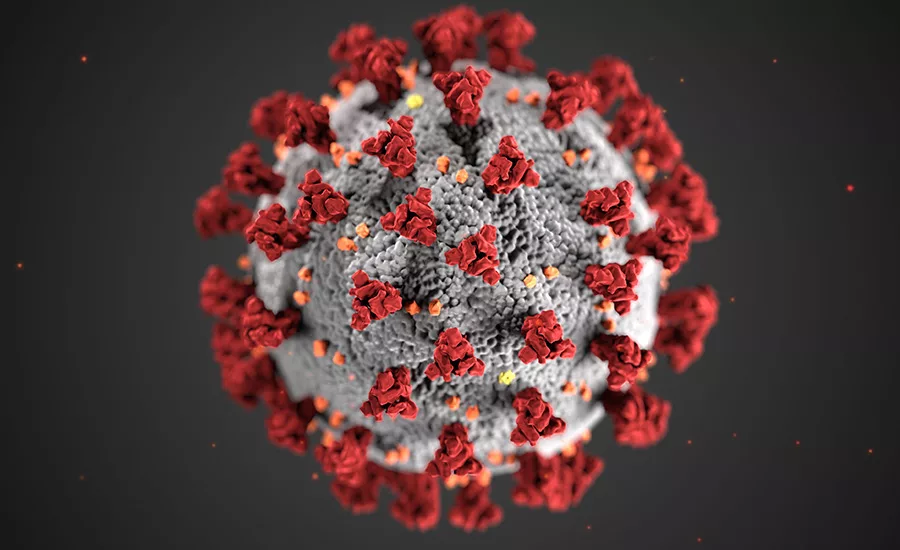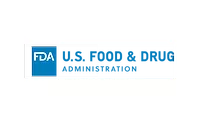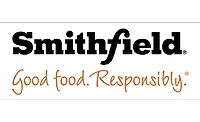COVID-19 coverage
Pandemic prompts temporary policy changes
Facilities can use FDA guidance to comply with FSMA during the coronavirus crisis



Just as companies are adapting and settling in to the Food Safety Modernization Act (FSMA) and its rules, enter the SARS-CoV-2 (COVID-19) pandemic. This worldwide crisis caused an uptick in consumer food demand that has disrupted the supply chain. Robert E. Brackett, Ph.D., vice president and director for the Institute for Food Safety and Health (IFSH) and part of the Food Safety Preventive Controls Alliance (FSPCA), says in some cases, such disruptions have impacted industry’s ability to comply with certain requirements.
“One example is substitution of ingredients in short supply with alternatives, and the impact on labeling. Another is the ability to obtain audits needed to verify supplier controls,” he says.
The FDA has responded to the COVID-19 crisis with a range of guidance for industry. Food safety and food supply FAQs, for instance, address common questions the food industry is asking about COVID-19 and its effect on food safety. The FDA states, “The purpose of this guidance is to state the current intent of the Food and Drug Administration. In certain circumstances related to the impact of the coronavirus outbreak (COVID-19), not to enforce requirements in three food regulations to conduct onsite audits of food supplier verification methods are used instead.”
Brackett says, “From what I have seen, most food processors welcomed and followed the information that FDA (and CDC and OSHA) posted where applicable. However, it is important to recognize that there is no evidence that COVID-19 is a food safety issue, which FDA continues to emphasize. Rather, it is the market and supply chain disruption, and labor shortage caused by COVID-19 that has most affected FDA-regulated industries.”
The pandemic caused the FDA to make some temporary policy changes to ensure that compliance with FSMA would still be possible under the new CDC guidelines. Three regulations have been modified by the agency, including: Current Good Manufacturing Practice, Hazard Analysis, and Risk-Based Preventive Controls for Human Food (21 CFR part 117); Good Manufacturing Practice, Hazard Analysis, and Risk-Based Preventive Controls for Animals (21 CFR part 507); and Foreign Supplier Verification Programs for Importers of Food for Humans and Animals (21 CFR part 1 subpart L (also so known as the FSVP regulation).
The FDA issued new guidance in March and updated it in June to communicate the policy changes. The FSVP now requires importers and/or food receiving facilities to conduct their own supplier verification activities, which are completed based on processors’ food safety plans and hazard analyses.
Kari Hensien, president of RizePoint, a software solution provider, says, “The policy places responsibility on the customer to ensure that at each supplier’s location alternative verification activities are implemented. That adds an increased burden of responsibility to capture and report on controls in place that substantially reduced or prevented hazards during the period where onsite audits were unavailable.”
The food industry’s “new normal” continues to be adapted. Since the pandemic, inspection, enforcement and compliance requirements have faced challenges. The food industry recognizes that more stringent controls need to be implemented to prevent disease outbreaks.
Looking for quick answers on food safety topics?
Try Ask FSM, our new smart AI search tool.
Ask FSM →







